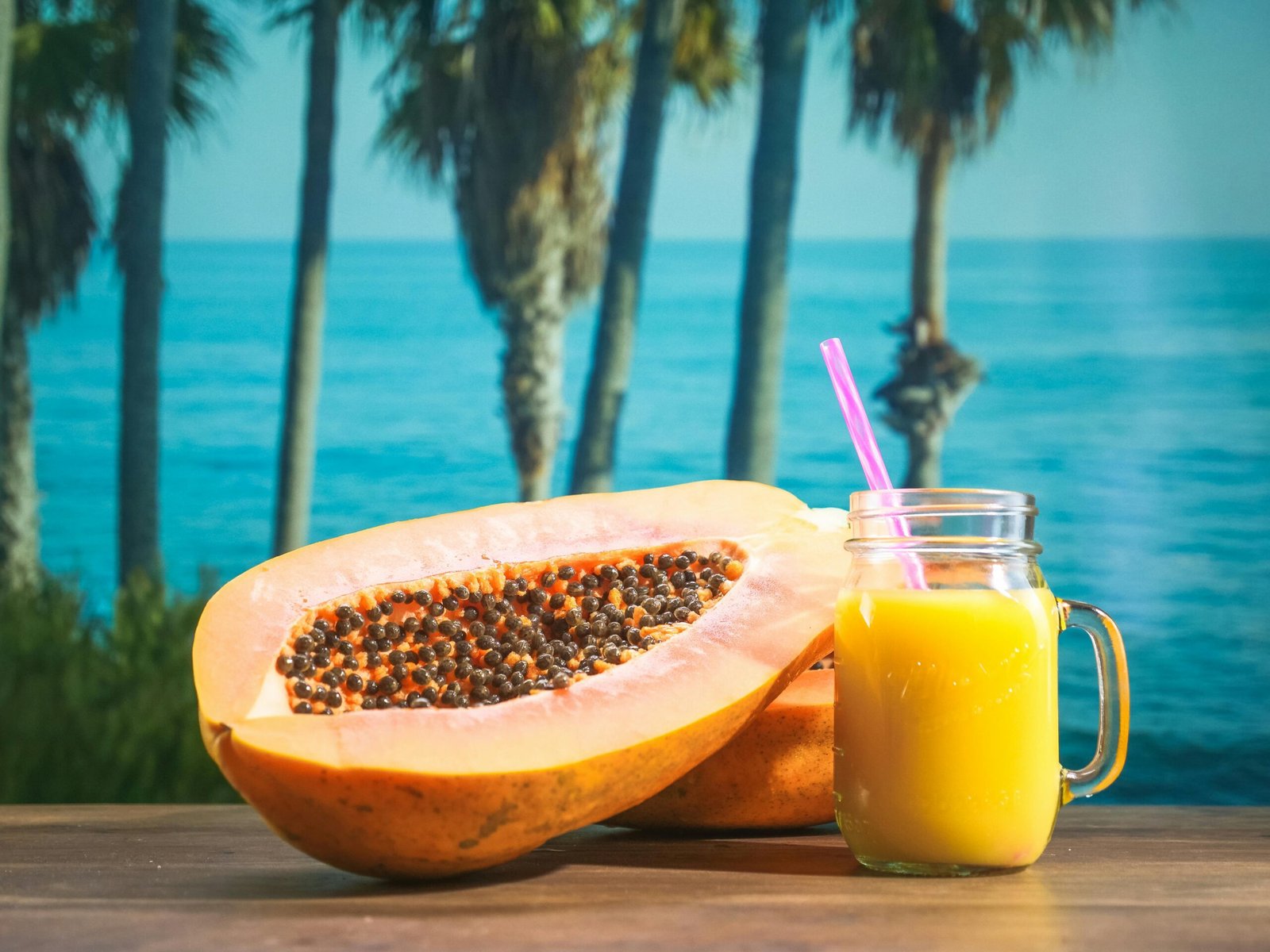Hydration Tips for Optimal Health
Importance of Hydration
Hydration is crucial for maintaining optimal health and well-being. Water constitutes a significant portion of our body and is essential for various bodily functions, including regulation of body temperature, digestion, circulation, and nutrient transport. Adequate hydration ensures that these functions operate smoothly, contributing to overall health.
How Much Water Should You Drink?
Determining the right amount of water to drink can vary based on individual factors such as age, sex, activity level, and climate. However, a general guideline is to aim for eight 8-ounce glasses of water per day, often referred to as the “8×8 rule”. This equates to about 2 liters, or half a gallon.
Signs of Dehydration
Recognizing signs of dehydration is crucial to maintaining health. Common symptoms include dry mouth, headache, dizziness, dark urine, and fatigue. If you experience these symptoms, it’s essential to replenish fluids immediately.
Best Hydration Practices
1. Drink Water Regularly Throughout the Day
Consistent hydration is key to maintaining optimal health. Instead of consuming large amounts of water at once, spread out your intake throughout the day. This approach helps sustain hydration levels and supports bodily functions continuously.
2. Consider Electrolyte Balance
Electrolytes such as sodium, potassium, and magnesium play a vital role in hydration. While water is essential, incorporating electrolyte-rich beverages or foods can help maintain proper balance, especially after intense physical activity or sweating.
3. Monitor Your Urine Color
Monitoring urine color is a simple way to gauge hydration levels. Ideally, urine should be light yellow or pale straw in color, indicating adequate hydration. Darker urine may suggest insufficient fluid intake.
4. Hydration and Physical Activity
Engaging in physical activity increases the body’s need for hydration. It’s crucial to drink water before, during, and after exercise to replace fluids lost through sweat and support muscle function.
5. Incorporate Hydrating Foods
Certain foods, such as cucumbers, watermelon, oranges, and soups, have high water content and can contribute to overall hydration. Including these foods in your diet can complement your fluid intake.
Hydration Tips for Different Age Groups
Children
Children have unique hydration needs due to their smaller size and higher activity levels. Encourage regular water breaks and offer hydrating snacks such as fruits to support their growing bodies.
Adults
For adults, maintaining hydration becomes increasingly important as metabolism slows and the risk of chronic dehydration rises. Establishing routine water consumption habits can prevent health issues associated with inadequate hydration.

Seniors
Seniors may experience a diminished sense of thirst, making it crucial to drink water regularly even if not feeling thirsty. Monitoring hydration can help prevent complications such as urinary tract infections and cognitive decline.
Conclusion
Hydration is a fundamental aspect of maintaining optimal health at any age. By adopting regular hydration practices, monitoring hydration status, and incorporating hydrating foods, individuals can support their overall well-being and ensure their bodies function efficiently.
Hydration and Cognitive Function
Maintaining adequate hydration is not only beneficial for physical health but also crucial for cognitive function. Research suggests that dehydration can impair memory, attention, and mood, highlighting the importance of staying hydrated throughout the day.
Tips for Maintaining Hydration at Work
Office Environment
In an office setting, where air conditioning and heating can contribute to dehydration, it’s essential to have easy access to water. Keep a reusable water bottle on your desk as a reminder to drink regularly.
Meetings and Breaks
During meetings or breaks, take the opportunity to hydrate. Opt for water or herbal teas instead of sugary beverages to support overall health.
Hydration Challenges
Challenges such as busy schedules or forgetfulness can hinder hydration efforts. Setting reminders on your phone or using apps designed to track water intake can help you stay on track.
Hydration for Skin Health
Skin health is closely linked to hydration. Proper hydration helps maintain skin elasticity and moisture, reducing the risk of dryness and premature aging. Drinking water and using moisturizers can work synergistically to support healthy skin.
Environmental Factors
Environmental factors such as humidity and altitude can affect hydration needs. In dry climates, for example, individuals may need to increase their water intake to compensate for increased water loss through respiration.
Hydration Myths Debunked
Myth: Eight Glasses a Day
The recommendation of eight glasses a day is a guideline rather than a strict rule. Factors like activity level and individual metabolism influence water needs.
Myth: Only Water Counts
While water is the best choice for hydration, other fluids like herbal teas, fruit-infused water, and milk also contribute to overall fluid intake.
Myth: Thirst is a Reliable Indicator
Relying solely on thirst to gauge hydration can lead to underconsumption of fluids, especially in elderly individuals whose thirst sensation may diminish.

Final Thoughts on Hydration
Maintaining optimal hydration is a foundational element of good health. By adopting regular hydration habits, monitoring hydration indicators, and incorporating hydrating foods and beverages, individuals can support their overall well-being.















